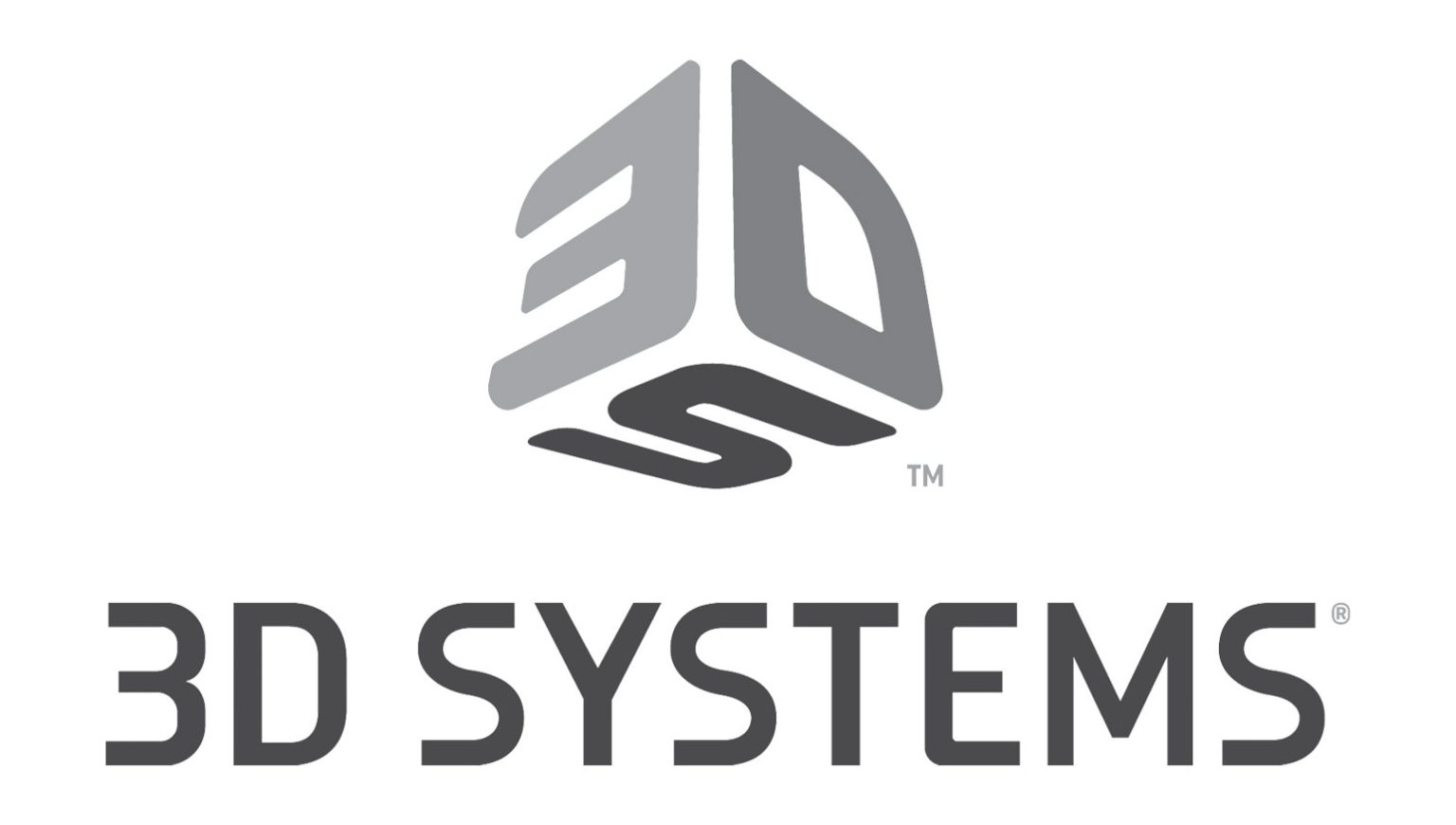In a major advancement for regenerative medicine and medical 3D printing, the U.S. Food and Drug Administration (FDA) has granted de novo approval for a new bioresorbable implant designed for peripheral nerve repair. The product, named COAPTIUM Connect, is the result of a collaboration between 3D Systems and French medical technology company Tissium, combining advanced 3D printing techniques with programmable, biocompatible materials.
The implant offers a suture-free, atraumatic solution for reconnecting damaged peripheral nerves. Traditional nerve repair often requires stitches, which can increase trauma and healing time. In contrast, COAPTIUM Connect uses a photopolymer-based elastomeric material that is not only biocompatible and flexible but also fully bioresorbable, meaning the body can naturally break it down over time.
This innovation leverages 3D Systems’ bioprinting platform and Tissium’s customizable polymers, allowing for patient-specific implants that match the structural and mechanical needs of individual nerve injuries. The process eliminates the need for sutures, significantly reducing stress on surrounding tissues and improving post-surgical outcomes.
Beyond peripheral nerve repair, the underlying 3D printing technology is being adapted for broader regenerative medicine applications. One such method, known as print-to-perfusion, is being tested for fabricating complex tissues like lung scaffolds. These structures are printed with extremely fine resolution and can later be seeded with living cells, with the long-term goal of producing functional tissues for transplantation.
The approval of COAPTIUM Connect highlights the growing influence of additive manufacturing in clinical medicine. As the global market for 3D bioprinting continues to expand, patient-specific, bioresorbable implants are emerging as viable alternatives to conventional devices. Innovations like these are not only redefining surgical methods but also improving the quality of life for individuals recovering from nerve injuries.
This development marks another milestone in the integration of bioprinting technology into mainstream healthcare, paving the way for future breakthroughs in custom tissue repair, organ fabrication, and minimally invasive treatment approaches.
By Impact Lab


